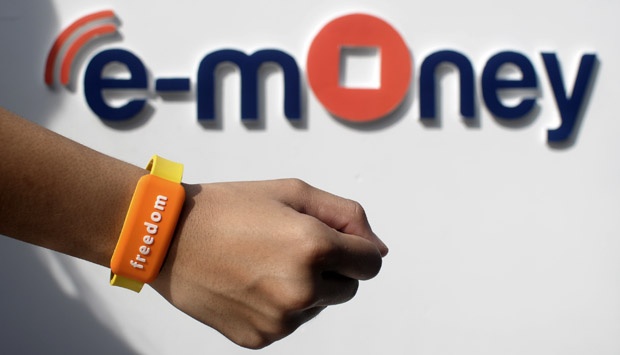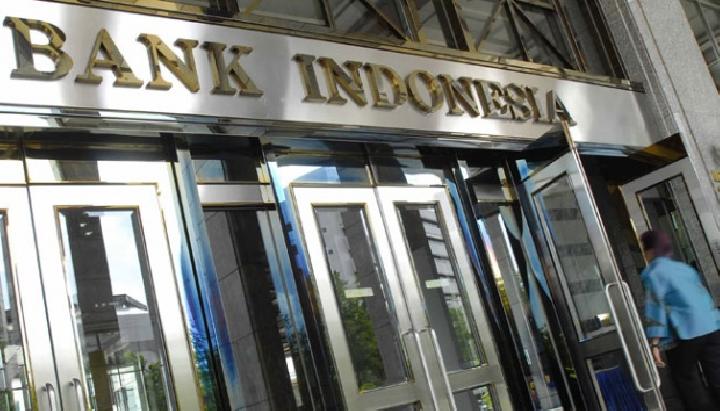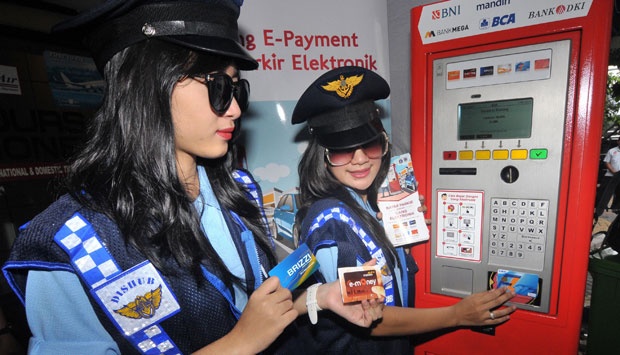
TEMPO.CO, Jakarta - State-owned lender PT Bank Mandiri has issued 10.2 million E-Money cards with total payments of Rp3.4 trillion. Bank Mandiri Group Head Transaction Banking Retail Sales Bank Mandiri Thomas Wahyudi said that around 60-70 percent of the cards were used by consumers living in Jakarta, Bogor, Depok, Tangerang and Bekasi (Jabodetabek).
Thomas explained that of the E-Money cards used in Jabodetabek, 80 percent of which were used for electronic toll collection. As such, the electronic toll payments by E-Money cards have reached roughly Rp1.9 trillion.
“Our target now is how to improve public education on the use of electronic money,” Thomas said yesterday. “Including better card sales and top-ups.”
Moreover, Thomas said that he will support the national movement for cashless payment (GNNT), particularly in toll collection.
Bank Indonesia (BI) reports that three million electronic money cards are needed for cashless payments in toll roads across Indonesia. Meanwhile, there are currently 1.5 million electronic cards in circulation.
Five banks that provide cashless payments: Bank Mandiri, BCA, BRI, BNI and BTN will be striving to increase the use electronic toll collection, particularly in the Jabodetabek areas.
BISNIS





















